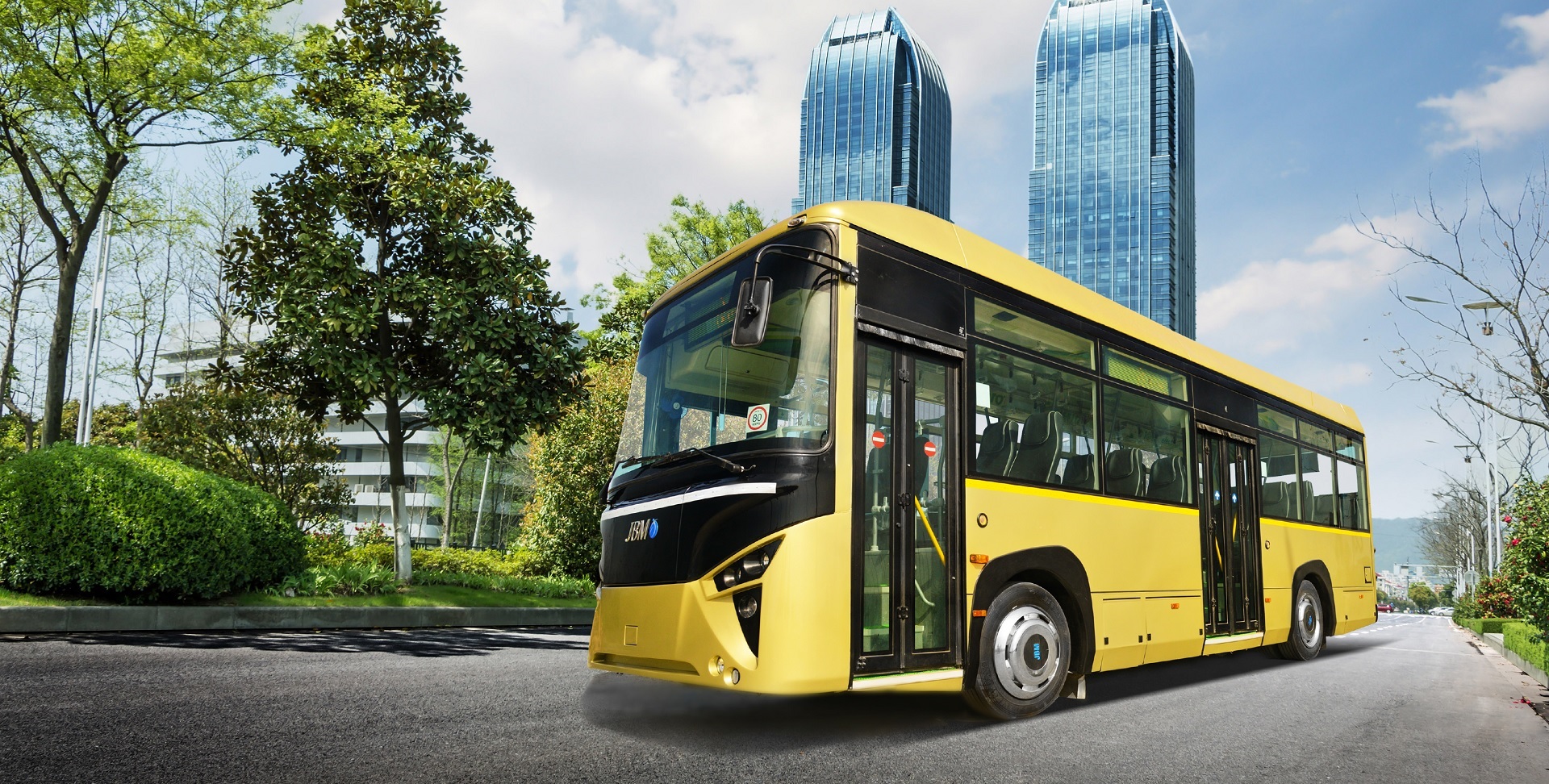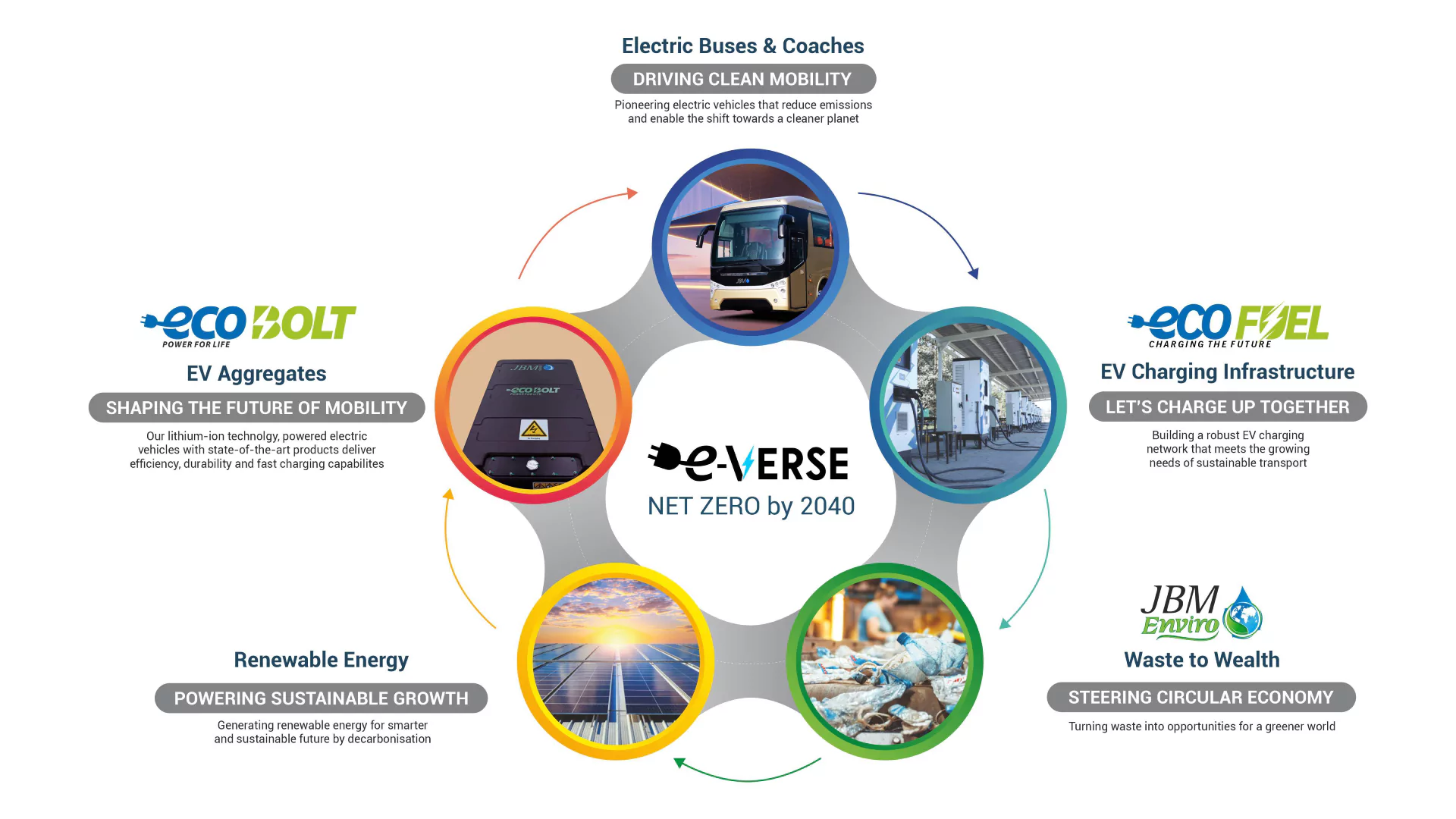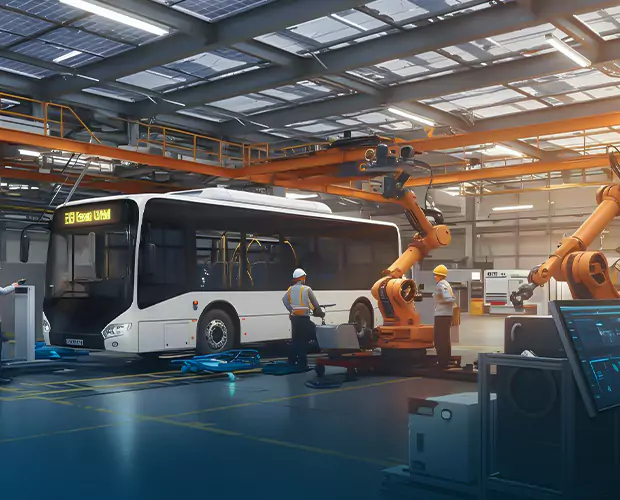
Our state-of-the-art electric buses are engineered for efficiency, featuring advanced battery technology that allows for extended range and quick recharging.

We are dedicated to designing and producing clean, affordable, connected and intelligent EV solutions including lithium-ion batteries. JBM ECOBOLT batteries have diverse features, including fast charging, long service life, high energy density, dust prevention and water proofing for maximum performance.

To support our electric bus fleet, we have developed a comprehensive network of JBM ECOFUEL chargers enabling electrification of bus depots, ensuring that our e-buses are always ready to serve.

Our E-Mobility Platform incorporates smart technology that enhances fleet management and operational performance.


